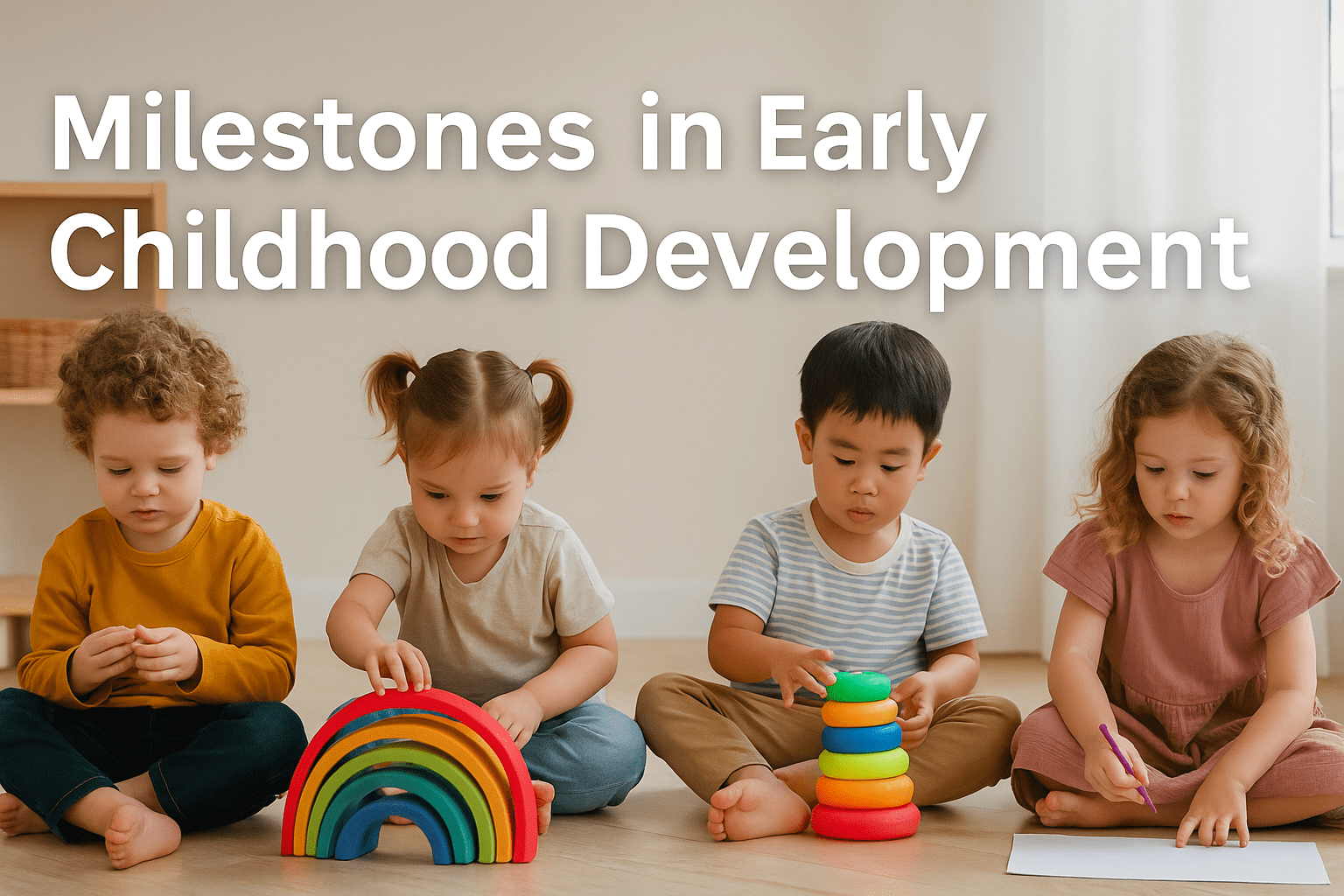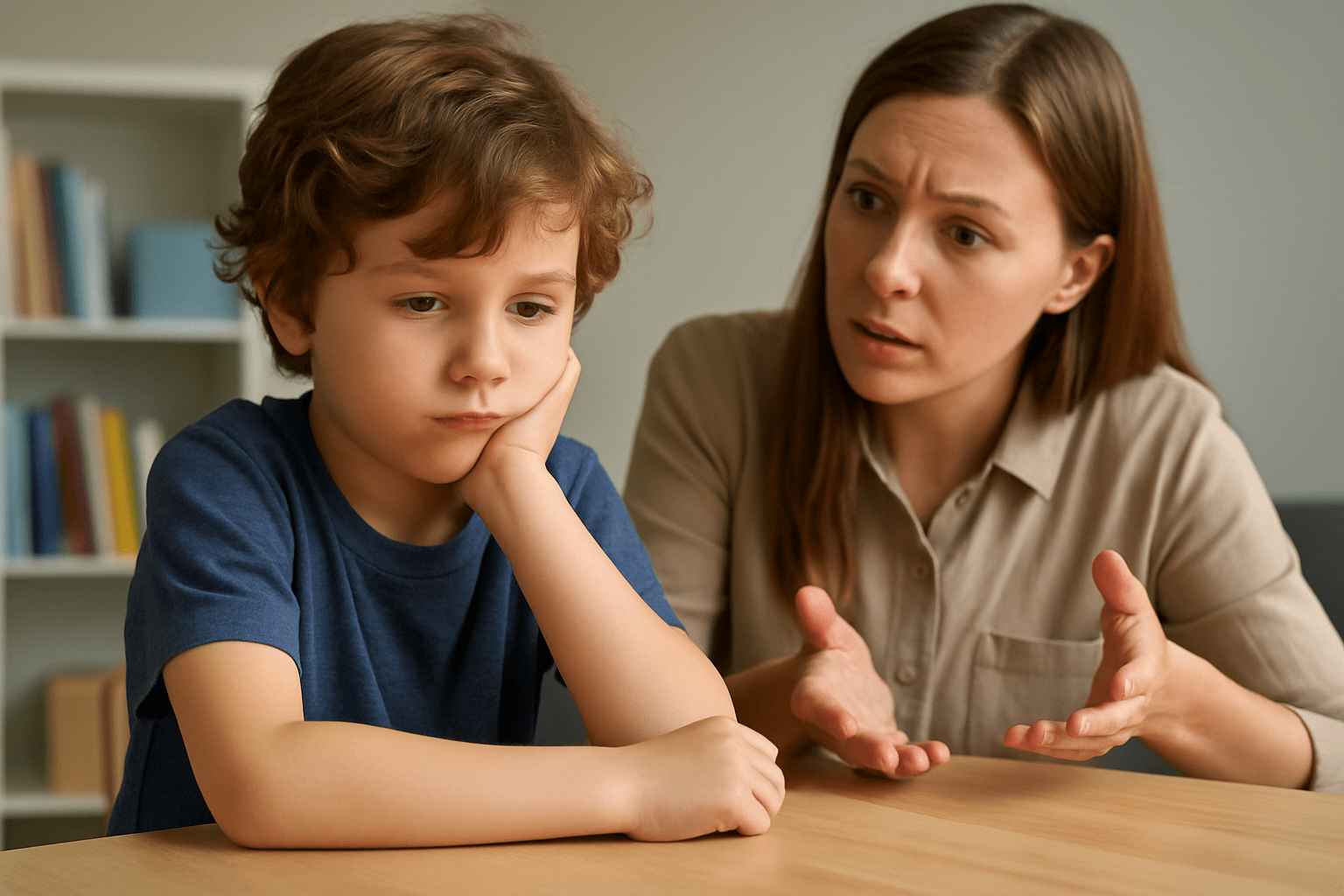Why is Outdoor Play Important?
Outdoor play for preschoolers is vital for several reasons. It allows children to explore their surroundings, engage in physical activity, and develop social skills through interaction with their peers. When kids play outdoors, they encounter challenges and experiences that are different from those in a classroom setting. This hands-on learning is a cornerstone of Montessori education, where children are encouraged to learn through exploration and discovery.
At Garden Montessori School, we see outdoor social activities as an extension of the classroom. Whether it’s a structured group game or free play in nature, these activities teach children how to cooperate, communicate, and resolve conflicts. Such experiences are essential in helping them develop emotionally and socially.
The Role of Outdoor Social Activities
Outdoor social activities, such as group games and collaborative projects, play a crucial role in a child’s development. These activities provide children with opportunities to practice sharing, taking turns, and working as part of a team. When children engage in outdoor social activities at Garden Montessori School, they learn to navigate social situations in a safe and supportive environment.
In addition, outdoor play for preschoolers offers a unique way to learn about the natural world. Activities like gardening, exploring nature trails, or participating in outdoor art projects allow children to connect with their environment. At Garden Montessori School, we incorporate these experiences into our curriculum, reinforcing the importance of outdoor play and fostering a love for nature.
Encouraging Physical Development
Children’s outdoor play is also essential for their physical development. Running, jumping, climbing, and other outdoor activities help develop motor skills, coordination, and overall physical fitness. When kids play outdoors, they are not only getting exercise but also learning how to move their bodies in different ways. This physical development is critical in the early years, laying the foundation for a healthy and active lifestyle.
At Garden Montessori School, we recognize the importance of outdoor play in promoting physical health. Our outdoor social activities are designed to be both fun and physically engaging, ensuring that children develop strong and healthy bodies alongside their social and cognitive skills.
Fostering Independence and Confidence
Outdoor play for preschoolers also fosters independence and confidence. When children are given the freedom to explore and play in a safe outdoor environment, they learn to make decisions, take risks, and solve problems on their own. This autonomy is a key component of the Montessori philosophy, which encourages children to take charge of their own learning.
At Garden Montessori School, we provide a variety of outdoor activities that encourage children to be curious, take initiative, and build confidence. Whether it’s climbing a tree, navigating a new playground, or working together on a group project, outdoor social activities empower children to believe in their abilities and trust their instincts. For more insights, you can explore our blog on Fostering Independence and Responsibility.
Building a Sense of Community
Outdoor social activities are also instrumental in building a sense of community among children. When children play and work together outside, they learn to appreciate diversity, respect different perspectives, and form meaningful relationships. At Garden Montessori School, we believe that these experiences are fundamental to creating a supportive and inclusive community.
By participating in outdoor social activities, children at Garden Montessori School learn the value of teamwork, empathy, and cooperation. These lessons extend beyond the playground, shaping how they interact with others throughout their lives.
Conclusion
Incorporating outdoor social activities into Montessori education is not just beneficial; it is essential. At Garden Montessori School, we are committed to providing a well-rounded education that includes ample opportunities for outdoor play. We understand that the importance of outdoor play goes beyond physical activity—it is a vital part of developing well-rounded, confident, and socially capable children.
So, the next time you see your child engaging in outdoor play, remember that they are not just having fun—they are learning, growing, and preparing for the future. At Garden Montessori School, we are proud to support this journey and to be a part of your child’s development.
FAQs
How much outdoor playtime should a preschooler have?
Preschoolers should have at least 1-2 hours of outdoor play daily, allowing them to engage in a variety of physical activities.
How does outdoor social play benefit preschoolers?
Outdoor social play helps preschoolers develop critical social skills like sharing, cooperation, and communication. It also promotes physical health, enhances creativity, and builds confidence as children learn to navigate challenges in an outdoor setting.
What types of outdoor activities are included in Montessori education?
Montessori education includes various outdoor activities such as free play, group games, nature exploration, and gardening. These activities are designed to complement indoor learning by offering hands-on experiences that stimulate curiosity and encourage social interaction.
How often do children engage in outdoor play at Garden Montessori School?
At Garden Montessori School, children engage in outdoor play daily. The school integrates outdoor activities into the curriculum to ensure that students have regular opportunities to explore, play, and learn in a natural environment.
What are the long-term benefits of outdoor play in early childhood?
Long-term benefits of outdoor play in early childhood include improved physical health, better social skills, enhanced cognitive development, and a stronger connection to nature. These experiences help children develop into well-rounded, confident individuals.



